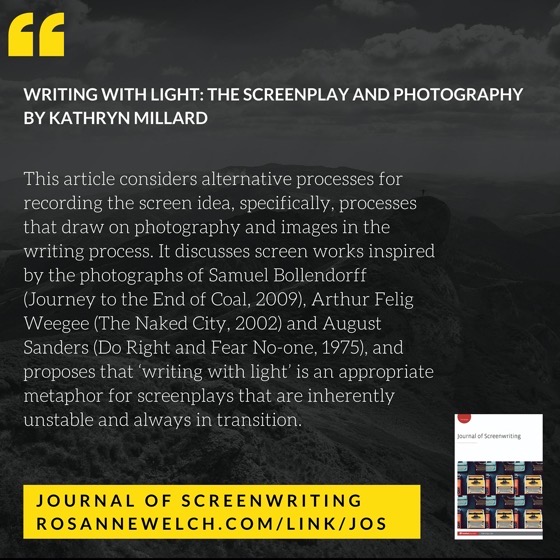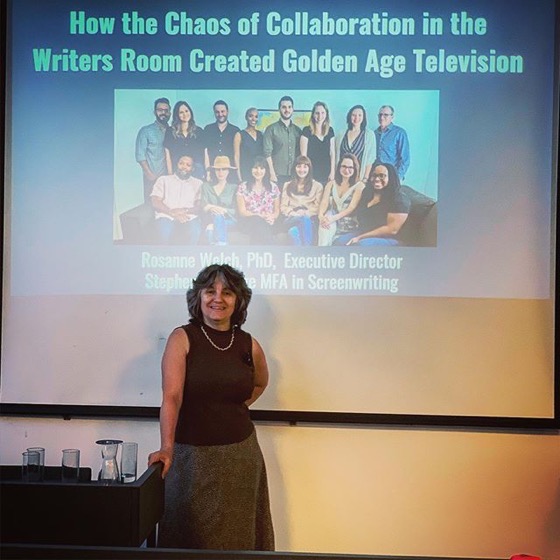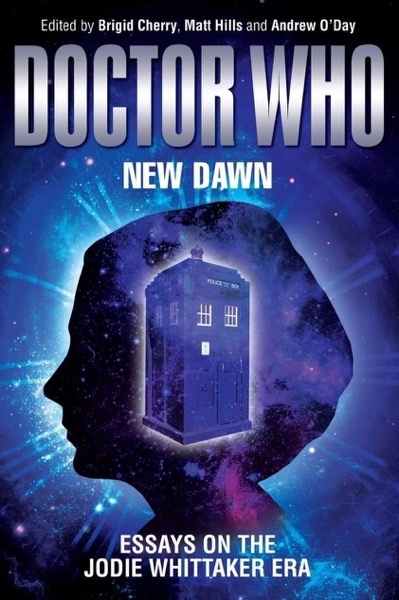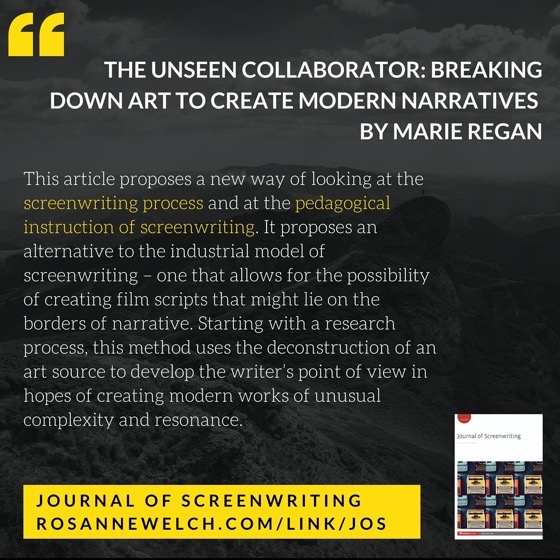Thanks to the gracious invitation from my Screenwriting Research Network colleague Paolo Russo – and a grant he was able to procure (and in the before-Covid time) I was able to spend a week at Oxford Brookes University working with the screenwriting masters students in Paolo’s course. At the culmination of the week, I gave this lecture on how writers rooms worked in the States.
Transcript:
All right, so. what I wanted to do for about half a minute is describe this woman. Visually describe this character. Her name is Erin Brockovich. You may or may not have seen this movie all right. So we might know something about her from the movie but visually — and she’s Julia Roberts, you can tell — quickly how would you describe her if you’re writing that action line in your script? If nothing else, think of three adjectives. We always start with that. Style comes from what you do in the action lines because the dialogue has to sound like your characters but the action lines sound like you alright. Shy doesn’t work in the writers’ room. If you don’t have an idea, I’ll stop paying you a contract and you go home. I always tell my students when they have to pitch, you better have an idea right away because you’re turning down $38,000 because if there’s a new script and we need one done next week and you don’t do it your friend just got that much money. That’s a lot of money to turn down because you’re too shy to open your mouth. So school is when you practice not being shy.
Watch this entire presentation
Subscribe to Rosanne’s Channel and receive notice of each new video!
* A portion of each sale from Amazon.com directly supports our blogs
** Many of these books may be available from your local library. Check it out!
† Available from the LA Public Library
Podcast: Play in new window | Download
Subscribe: RSS
![13 Characters and Susannah Grant from There And Back Again: Writing and Developing for American TV [Video] (56 seconds)](https://rosannewelch.com/wp-content/uploads/2021/03/rmw-oxford-brookes-13.jpg)


![02 Words Matter. Writers Matter. Women Writers Matter from How The Chaos Of Collaboration in the Writers Room Created Golden Age Television [Video]](https://rosannewelch.com/wp-content/uploads/2021/03/srn-porto-02.jpg)


![Dr. Rosanne Welch Joins Panel on the Monkees TV Show with Plastic EP Live [Video] (49 Minutes)](https://rosannewelch.com/wp-content/uploads/2021/02/maxresdefault-2.jpg)
![12 Describing Your Characters from There And Back Again: Writing and Developing for American TV [Video] (1 minute)](https://rosannewelch.com/wp-content/uploads/2021/02/rmw-oxford-brookes-12.png)


![01 Introduction from How The Chaos Of Collaboration in the Writers Room Created Golden Age Television [Video]](https://rosannewelch.com/wp-content/uploads/2021/02/SRN-2019-Portugal-.jpg)
![11 Style + Opinion=Writer’s Voice from There And Back Again: Writing and Developing for American TV [Video] (22 seconds)](https://rosannewelch.com/wp-content/uploads/2021/02/rmw-oxford-brookes-11.png)
![Dr. Rosanne Welch Joins Panel on Monkees Books with Plastic EP Live [Video] (54 minutes)](https://rosannewelch.com/wp-content/uploads/2021/02/plastic-ep-monkees-20210216.png)